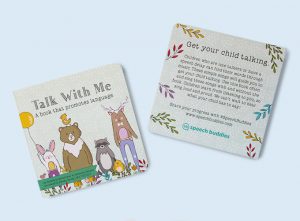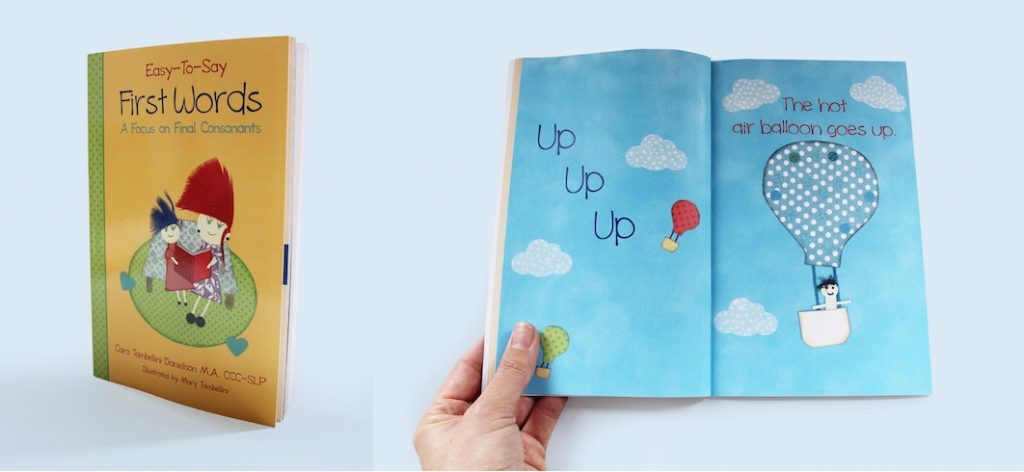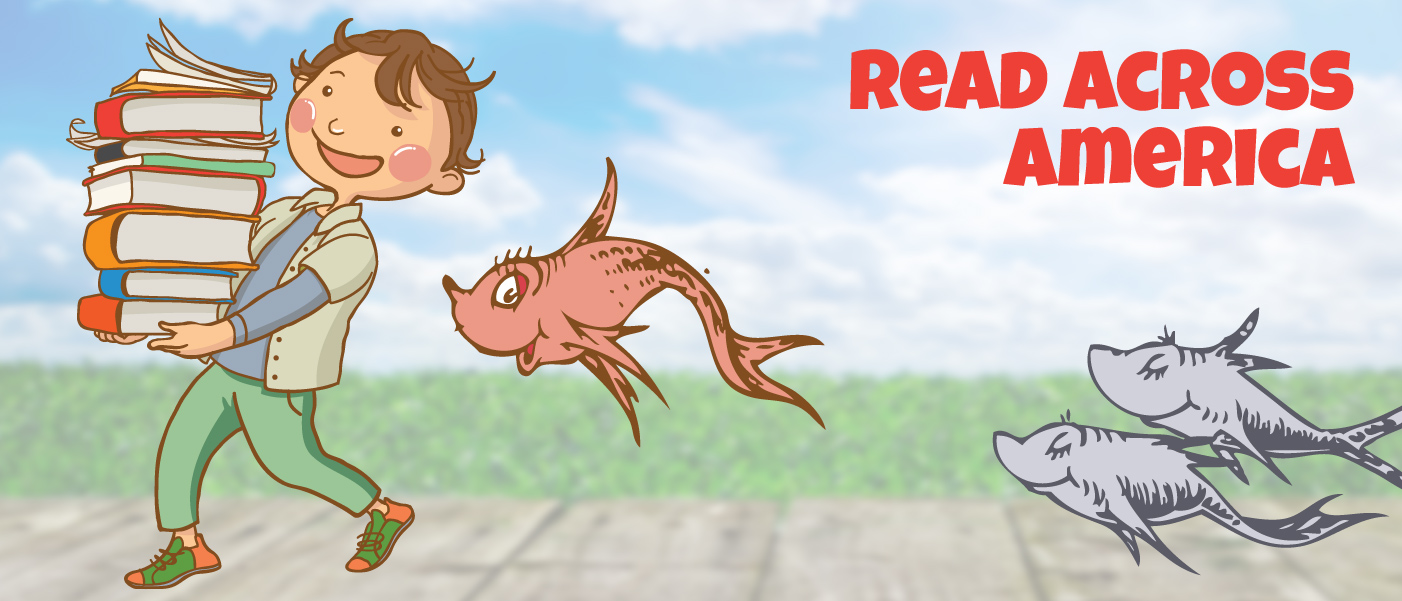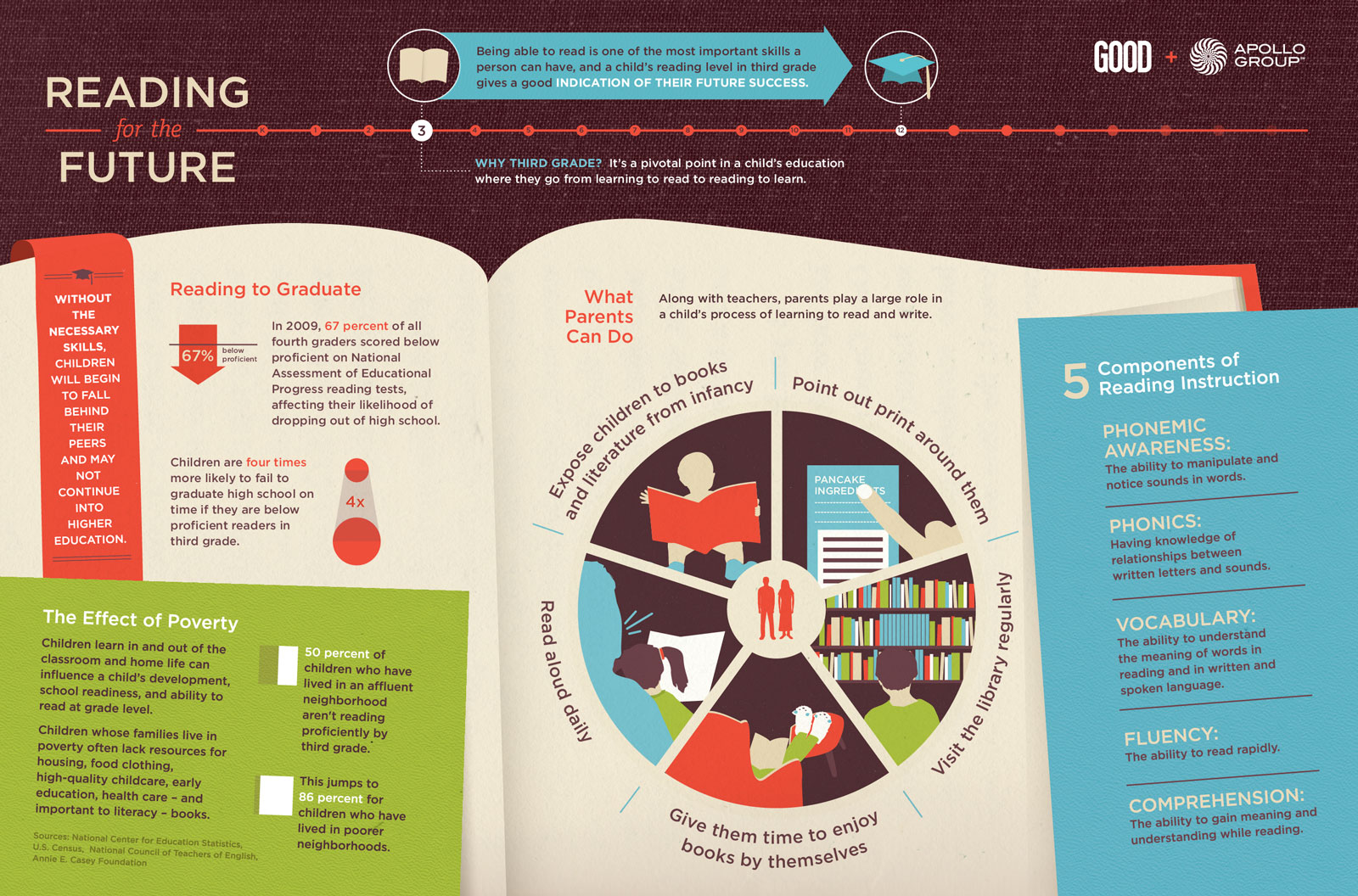Childhood is the best time to take preventive measures to reduce the chance of speech and language problems, along with of course, carving out a love for reading and absorbing knowledge. Reading is crucial for speech development and more importantly, developing a love for words and speech.
It is an understatement to say that introducing your child to books as early as possible will help with speech and language development. It can also help children overcome speech delay or other speech challenges.
Let’s explore some effective strategies to make reading time fun, along with some amazing Halloween books for the spooky season:
Colorful Visuals
Kids ranging between the ages of 8 months to 2 years are attracted to colorful visuals and dynamic cartoons of mystical creatures, and these are essential to hook their attention. A consistent habit of reading will not only stimulate their visual creativity, but it will also introduce them to new words and sounds to help with speech construction.
Dramatic Readings
If you really want to put an effort into making reading time fun for your child, focus on being as dramatic as you possibly can. Create dramatic sounds, the appropriate oomphs and aahs to keep their attention hooked. It’s also best to pick out books that have rhyming words to add a poetic effect.
Encourage Repetition
Experts believe that repeating the same stories over and over again is a great exercise to overcome speech and language problems as it will sharpen sentence construction and vocabulary learning skills of the child. Allow the child to pick out a favorite story that they love repeating.
Top 5 Halloween Books to Read to your Child
Great for older kids, the 11th book in the widely popular Wimpy Kid Series, Double Down introduces a spooky and thrilling Halloween theme. It narrates the common fears of a little boy, for instance, ghosts in the closet, monsters under the bed, and sharks chasing through the night.
One of the best Halloween books of all time, it introduces little children to a spooky tale of trick and treating with colorful and attention-grabbing illustrations.
Another great read for the older ones! The mayor decides to cancel Halloween because of the disturbingly mischievous Halloween escapades of the Herdman kids, forcing them to make some exciting plans of their own!
A fun and excitingly horrific journey of a witch who undertakes all kinds of amazing adventurers and concocts fascinating spells with her pet cat, Wilbur, by her side. The book is filled with amazing illustrations.
An incredibly engrossing read about a witch who struggles to release a pumpkin in her garden, inspired by Russian folklore, the book comes with amazing illustrations that will keep your child hooked.










